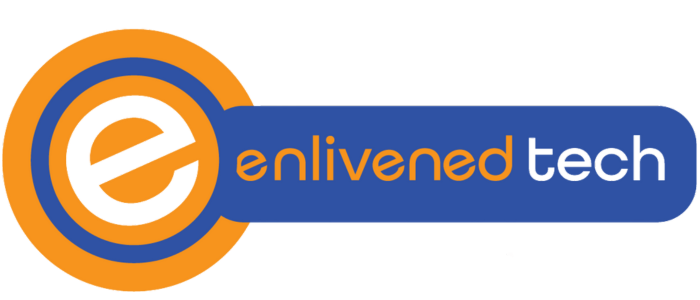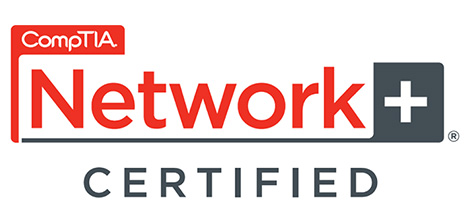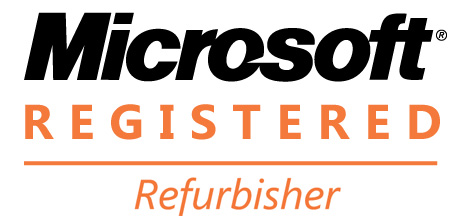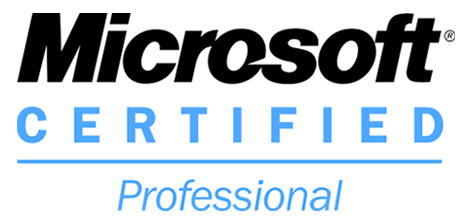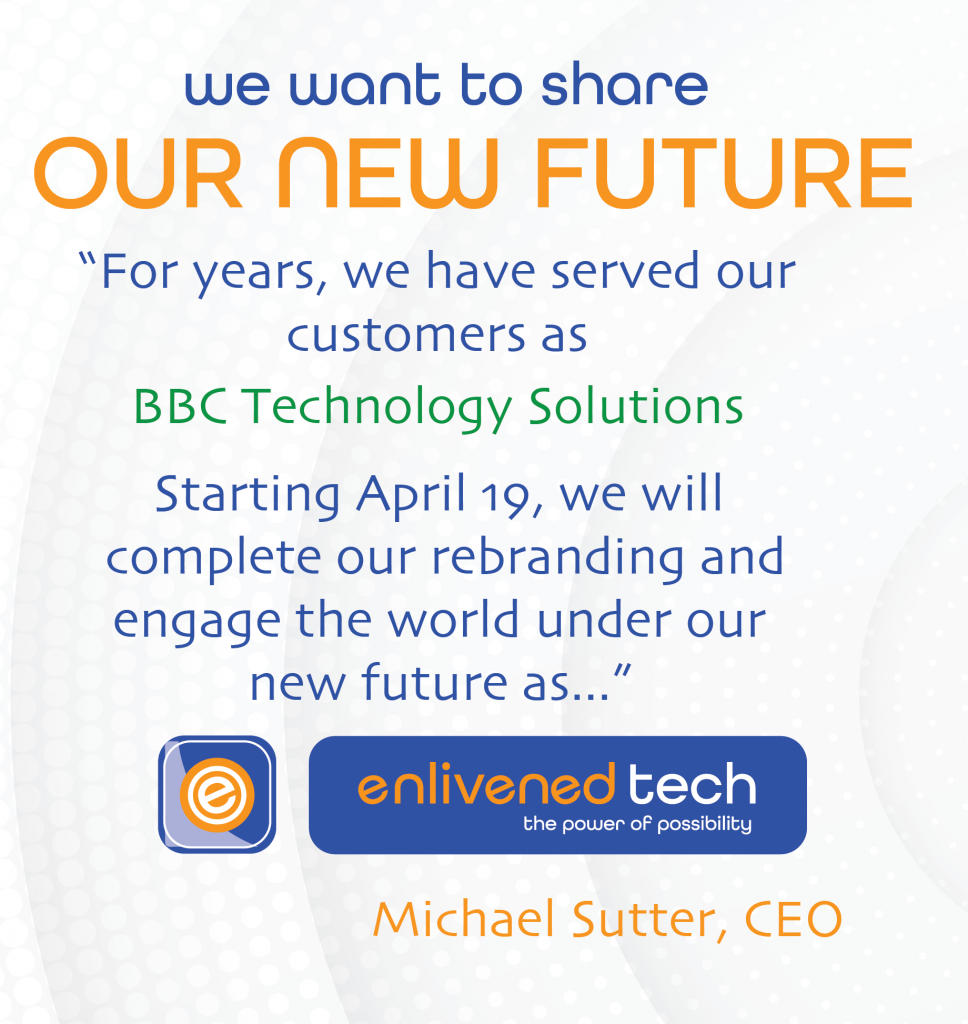The pace of technological growth has skyrocketed over the last decades. This infusion of computers, cellphones, tablets, and similar hardware has changed the way we live and work. But this rapid accumulation of devices also means that old IT assets often end up obsolete waiting in some back room to be discarded. However, there is a more sustainable and financially rewarding approach to managing these assets – the Circular Economy Approach to IT Asset Disposition (ITAD).
The Problem of E-Waste
Electronic waste, or e-waste, is a growing environmental concern. With the increasing prevalence of electronics in our offices, we’re producing more e-waste than ever before. According to The World Counts, we generate a staggering 40 million tons of e-waste globally every year, and this number is projected to continue rising. E-waste often contains hazardous materials that pose significant risks to both human health and the environment. To address this crisis, the circular economy approach has gained traction as a solution.
Understanding the Circular Economy
The circular economy is an economic model that contrasts with the traditional linear economy, where products are made, used, and then discarded. In the circular economy, resources are used more efficiently, and products are designed with longevity and recyclability in mind. The idea is to keep products and materials in use for as long as possible, reducing waste and environmental impact.
The Role of ITAD in the Circular Economy
IT Asset Disposition (ITAD) services are a crucial component of the circular economy, as they focus on extending the lifespan of IT assets and reducing electronic waste. Here are several ways in which ITAD services contribute to the circular economy:
- Asset Remarketing and Reuse: When a business no longer requires certain IT assets, ITAD providers can evaluate their condition and determine whether they can be refurbished and resold. This practice extends the life of these assets, reducing the demand for new electronics and conserving resources.
- Responsible Recycling: For assets that can’t be resold, responsible recycling is essential. ITAD providers can ensure that e-waste is processed in an environmentally friendly manner, minimizing harm to the planet and recovering valuable materials.
- Data Security and Erasure: ITAD services focus on secure data destruction to protect sensitive information. By doing so, they enable the safe reuse and resale of IT assets, contributing to the circular economy while safeguarding data privacy.
- Environmental Regulations Compliance: Many regions have established environmental regulations governing the disposal and recycling of electronic devices. ITAD providers help businesses navigate these regulations, ensuring compliance and sustainability.
The Financial Benefits of the Circular Economy Approach to ITAD
One of the key advantages of adopting the circular economy approach to ITAD is the potential for maximizing return on investment (ROI). When businesses choose to resell or recycle their IT assets responsibly, they can unlock various financial benefits:
- Revenue Generation: By reselling functional IT assets, businesses can recoup a portion of their initial investment. This revenue can be reinvested in new technology or used to offset ITAD service costs.
- Cost Savings: Recycling and reusing assets can be more cost-effective than purchasing new ones, especially for small and medium-sized enterprises. It’s often more affordable to upgrade or repair existing devices than buying entirely new ones.
- Tax Incentives: In some regions, there are tax incentives and deductions for businesses that engage in environmentally responsible practices, such as recycling and donating IT assets.
- Enhanced Brand Image: Demonstrating a commitment to environmental responsibility can enhance a company’s brand image, potentially leading to increased customer loyalty and new business opportunities.
Practical Example: Successful Implementation of Circular ITAD
Let’s look at an example of how a business could successfully implement the circular economy approach to ITAD.
Let’s say a large technology company decides to revamp its IT infrastructure, leading to the decommissioning of thousands of servers, laptops, and smartphones. Instead of disposing of these assets, the company partners with an ITAD service provider.
The ITAD provider would conduct a thorough data erasure and assess the condition of the assets. Typically, they would identify a significant portion of devices that were still fully functional after minor refurbishment. These devices could then be resold in secondary markets, generating revenue that partially offset the ITAD service costs.
For devices that cannot be resold, the ITAD provider ensures that they were recycled responsibly, adhering to local environmental regulations and minimizing e-waste. In this case, the company would not only reduce its environmental footprint but also significantly lower the total cost of upgrading its IT infrastructure.
How We Can Help
The circular economy approach to IT Asset Disposition (ITAD) is an effective strategy for reducing electronic waste, conserving resources, and maximizing return on investment. ITAD services play a pivotal role in this approach by promoting asset remarketing and reuse, responsible recycling, data security, and compliance with environmental regulations.
At Enlivened Tech, we can be a single source for your business’s ITAD needs. We will assess your aging IT hardware. We’ll resell the usable components and safely dispose of the rest in a secure and environmentally friendly manner. To set up a free consultation, give us a call at (513) 617-4822 or email [email protected].
